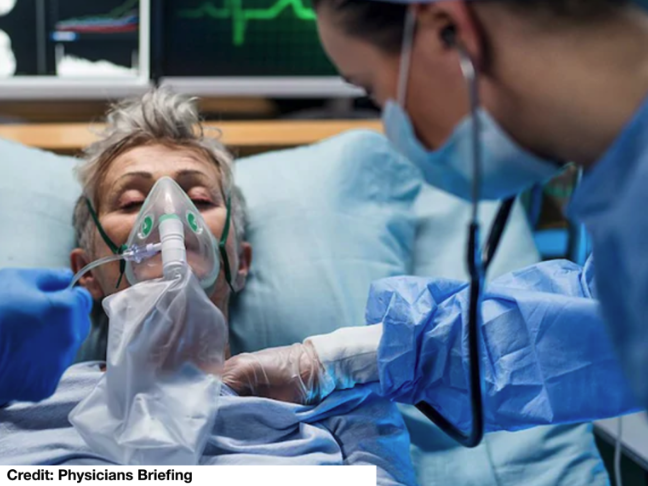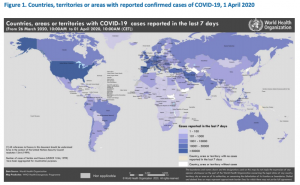What do Healthcare Professionals Have to Say? *Jane, the Registered Respiratory Therapist*
I recently had the privilege of talking with Jane, a registered respiratory therapist who works in a level one trauma center. She’s out on the front lines—in the ER, ICU, on the surgical floor, and in labor and delivery—and has been for nearly ten years.
She sees people when they are “not doing well,” as she puts it. That can mean a wide range of things. She sees people who need anywhere from breathing treatments, to being intubated for surgery, to being on ventilators. The patients range from infant to geriatric.
She sees and hears it all and therefore has encountered all kinds of views on vaccinations.
Her training in vaccines is extensive, so she’s an excellent resource for information, especially on vaccine-preventable diseases such as the flu, pneumonia, and whooping cough–diseases that infect the lungs.
She’s passionate about vaccination, but she says not all healthcare professionals she’s encountered are, which is worrisome.
Misinformation may be the blame for this, but so may be a lack of education.
I encounter (vaccine-hesitancy) all the time. It’s not just the patients. It’s also the coworkers.
Registered nurses tend to be more vocal about being vaccine-hesitant than physicians. Along with the nurses, Jane thinks physicians who believe this may not speak up about it because it’s taboo, but she can see that some doctors aren’t recommending vaccinations like they should be.
It’s concerning that some healthcare workers aren’t better informed about the need for vaccinations. 
Jane comes from an immigrant family, who didn’t have access to life-saving vaccinations. Her grandmother has complications from polio (vaccine wasn’t available yet) and her aunt has problems with her heart due to catching the mumps. These vaccines weren’t available, and had they been, both her grandmother and her aunt may have be healthy today. This reinforces her knowledge that vaccines are necessary and essential.
Jane knows how important it is to create an effective conversation with patients when it comes to vaccinating.
When it comes to talking to people in the hospital, Jane believes that those who are hesitant and of low education level are the easiest to speak with on the importance of vaccination. The reason being, they are more willing to admit that they don’t know the right answers versus just plain being misinformed. She can educate them, and most of the time, they understand why they need to get vaccinated.
It’s harder dealing with the just plain misinformed people who won’t budge.
If you hear this person pulling out all these percentages and these ingredients, then you know this the kind of person you aren’t going to get anywhere with. If it’s a person that’s hesitant, we can make process with them.
One of the biggest concerns parents have are the “toxins.”
One of the main (“toxins” of concern) is thimerosal. B,ut it’s no longer in any childhood vaccines. If you’re talking about the one or two flu vaccines that contain it, it doesn’t matter if I explain…people who have researched what thimerosal is are the ones who aren’t going to budge. When they start going in depth with it and pull stuff out of their Google degree, that’s when I know they’re too far gone. Just because you research Google, doesn’t make you an immunology expert.
One of the biggest problems is that some healthcare professionals don’t care about vaccine education.
Jane knows that it’s important that healthcare professionals touch up on the science behind vaccines and why vaccines are important. She wishes more healthcare professionals would be more passionate about vaccinating.
We need to stop the misinformation in its tracks, and it starts with the doctors…If doctors and nurses don’t advocate for them, then what are they doing in this field? The experts vaccinate their children, and we need to listen to them.
At the end of the day…
If you want to put your kid at risk or other children at risk, it’s a sad thing that your pride comes before the health and the safety of others…Stop being selfish. It’s not about you. it’s not about what you think is best; because you may not be a health professional that’s well-versed in the science behind vaccines.


